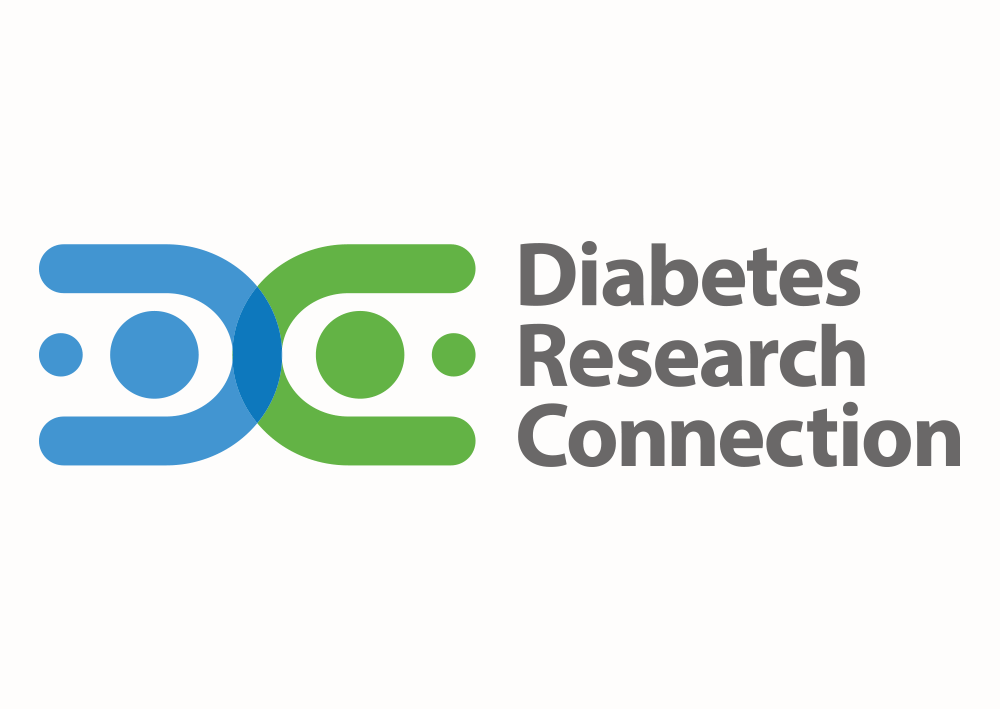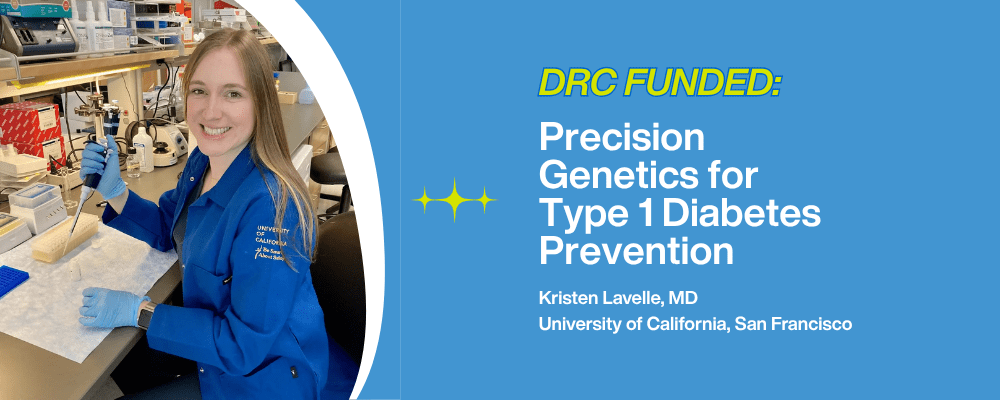 Written by Api Podder on June 24, 2015, via GoodCrowd.info. Click here to read original article.
Written by Api Podder on June 24, 2015, via GoodCrowd.info. Click here to read original article.
One out of every hundred Americans has type 1 diabetes. Millions of children and adults struggle with this autoimmune disease. Despite these numbers, funding has decreased for research to prevent, cure, and better manage the disease. Of the funding available, 97% goes to established scientists with conventional projects. Scientists starting out in diabetes research, also known as early-career scientists, have a difficult time finding money to support their innovative ideas.
Considering Albert Einstein developed the general theory of relativity at the age of 26, Frederick Sanger determined the structure of insulin at age 34, and Francis Crick and James Watson discovered the structure of the DNA molecule at age 37 – just imagine our world today if these scientists had not received funding for their research?
DRC created a platform connecting donors directly with early-career scientists throughout the country, enabling them to perform research designed to prevent and cure type 1 diabetes, minimize its complications, and improve the quality of life for those living with the disease.
Early-career scientists from across the country submit their projects and a panel of more than 80 of the leading diabetes experts review it for innovation, feasibility, value, and achievability. As established scientists, DRC’s panel of experts donate their time and expertise to encourage the next generation of diabetes investigators to push the envelope.
The time from application to funding can be as little as 12 weeks, compared to over a year for many research grants, and 100% of research funds go directly to the scientists in 2015. To ensure transparency, each researcher provides updates on their project, posting final outcomes on DRC’s website.
Dr. Todd Brusko from the University of Florida successfully funded his project through DRC. He received $50,000 to begin working on his project titled, “Can we engineer a patient’s immune cells to stop the autoimmune attack that causes type 1 diabetes?”
“The Brusko lab is incredibly grateful for the donation received to drive this exciting research project forward. Conducting research on this scale is a team effort,” says Brusko.
The Diabetes Research Connection was established in 2012 by five tireless proponents of diabetes research. Dr. Alberto Hayek, emeritus professor from the University of California and Scientific Director at Scripps/Whittier Diabetes Institute in San Diego; Doctors Nigel Calcutt and Charles King, diabetes research scientists affiliated with the University of California, David Winkler, an attorney, entrepreneur and venture philanthropist who was diagnosed with type 1 diabetes at the age of six, and Amy Adams, a writer and business owner whose son has lived with type 1 diabetes for most of his life.
“As someone who has lived with type 1 diabetes for more than 50 years, and who has other family members and friends who have diabetes, I know firsthand how this disease impacts a person’s life and the lives of those around them,” says Winkler.
Alberto Hayek, M.D., co-founder and president of The Diabetes Research Connection and world-renowned diabetes expert believes that the lack of funding for early, discovery-stage projects is one of the biggest problems in research. “With DRC, we are giving scientists the resources to test and validate research that departs from conventional thinking, because the opportunity to pursue new paths is when and where breakthroughs occur,” says Hayek.
For more information on the remarkable work being done at the Diabetes Research Connection, please visit the website at:www.drcsite.wpengine.com, or connect with them on Twitter @DiabetesRsrch or Facebook.com/ DiabetesResearchConnection.




